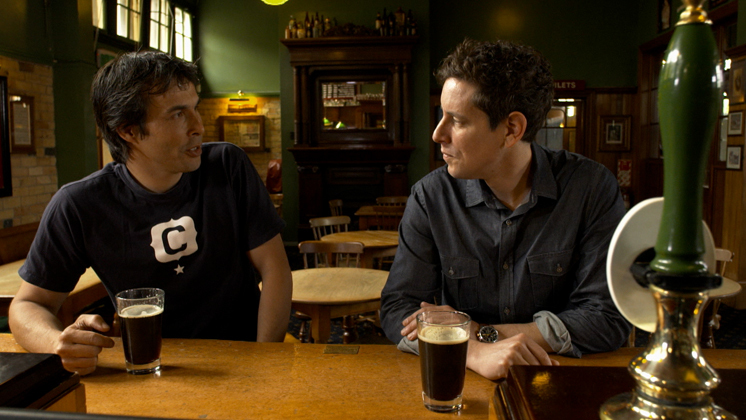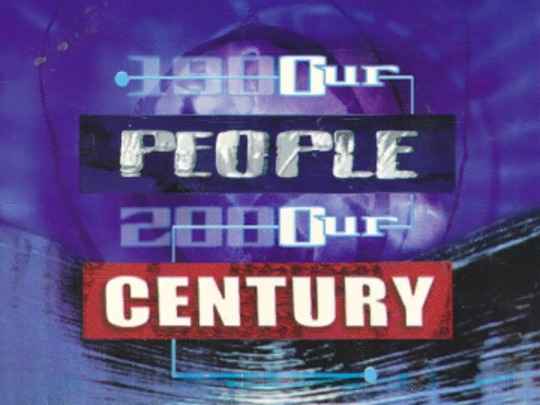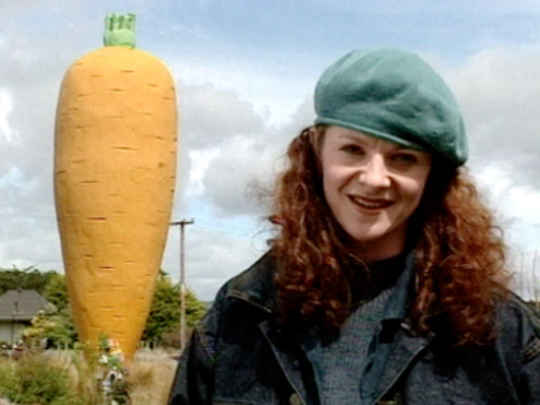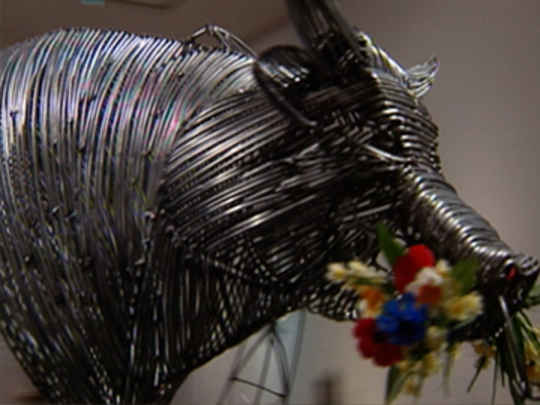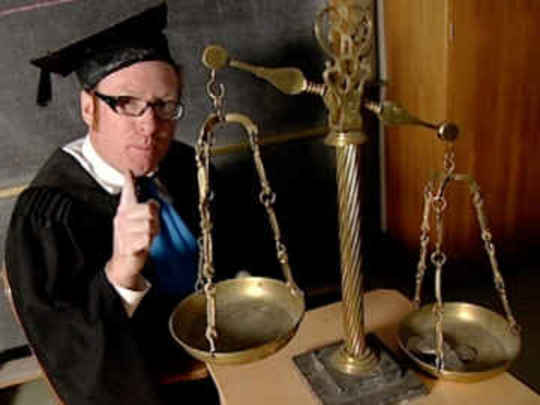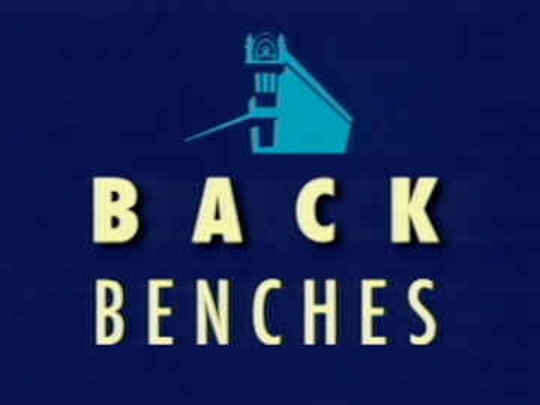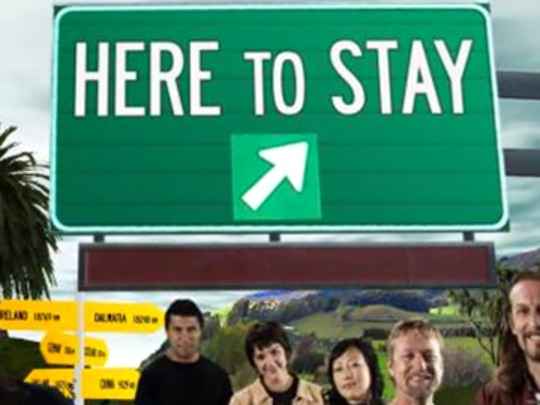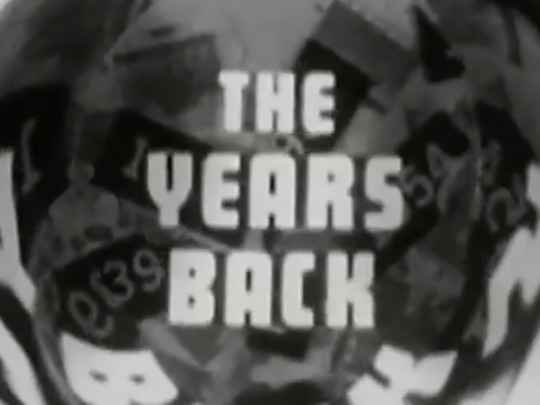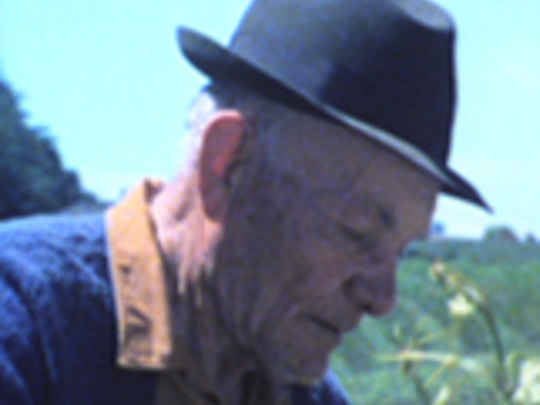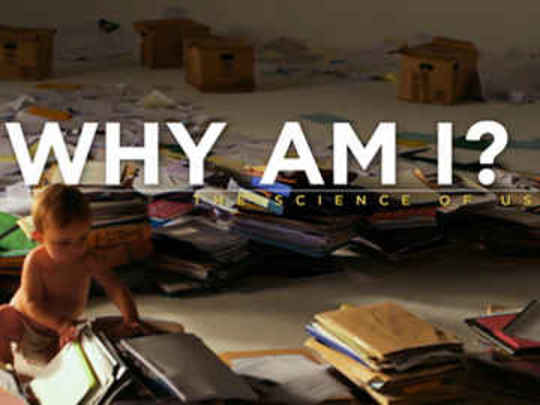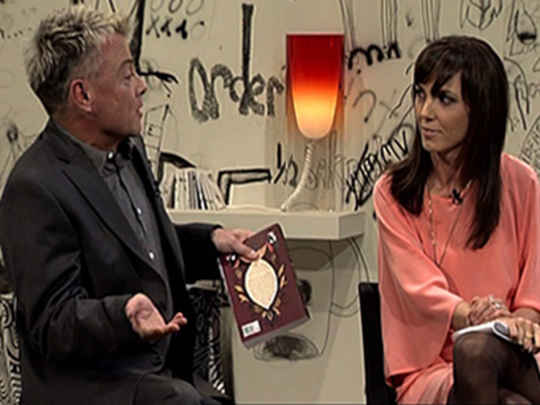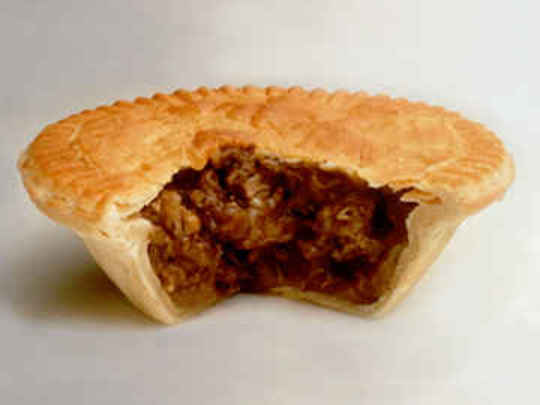Craft Beer: The first episode of 13 from this television series
Cinemas: The second episode of 13 from this television series
Servants: The third episode of 13 from this television series
Bowling Clubs: The fourth episodes of 13 from this television series
Baking: The fifth episode of 13 from this television series
Tailoring: The sixth episode of 13 from this television series
Farmers' Market: The seventh episode of 13 from this television series
Christianity: The eighth episode of 13 from this television series
Gardening: The ninth episode of 13 from this television series
A Carless Life: The tenth episode of 13 from this television series
The Artisan: The eleventh episode of 13 from this television series
Housewives: The twelfth episode of 13 from this television series
Towns: The thirteenth episode of 13 from this television series
The New Old - Full Series
Television (Full Length Episodes) – 2012
...the rise of the motor vehicle has delivered a mixed blessing. We have this incredible mobility ... with that benefit, there's been some quite significant costs, and I think that these are costs which we haven't really stopped and thought about and taken seriously. So for example in New Zealand, the fastest growing source of carbon emissions, of CO2 emissions, is from transport.– Transport planner Bevan Woodward, in the A Carless Life episode
I think it's true that it's a phase in people's lives, for quite a lot of people. We know that there's a very wide open back door for these churches ... Turnover is phenomenally high.– Religion professor Peter Lineham on the high turnover among young churchgoers, late in the Christianity episode
...in particular, how you got out of it for women, was marrying. We have one of the highest marriage rates around the Western world. Through the mid 19th on through into the late 20th century, our marriage rate remains high.– Historian Katie Pickles on Kiwi women marrying to get out of working as a servant, early in the Servants episode
I think, if I think back to my mother's days, you were proud to be a housewife. And it was that quintessential role that you were there — the helper, the healer, the confidante, the teacher. If they call themselves a 'housewife', I don’t think they would have been at all embarrassed about that, or felt that they were looked down upon for it.– Parenting writer Kathy Fray, early in the Housewives episode
In a word, you're getting what you want, and your figure is getting what you want.– Tailor Malcom Heard is asked about the positives of bespoke clothing, in the Tailoring episode
Reflecting the past I think is very important in anything that we do ... when you've got a thousand years of tradition, the tradition has occurred because it works. So why break the mould? For us, it's really important that ... we are part of every part of the process. Because without that, then really you've just got a product you can go and buy in the supermarket.– Mustard-maker Jon Standbrook, in the Farmers' Market episode
I think people just love things that are familiar, that remind them of their past and their childhood. I think, essentially, that's what food often does to us...– Baker Maggie Mowbray on the resurgence of home baking in New Zealand, in the Baking episode
No matter where you were, you were virtually drinking the same beer: that terrible brown, flat, sugar-sweetened beer.– Writer Gordon McLauchlan on the bad old days of beer in New Zealand, in the Craft Beer episode
Originally cycling saw people wearing street clothes, but it ushered in one new fashion. Bloomers became the first trousers for women. The bicycle — one feminist said — had done more to emancipate women, than anything else in the world.– Presenter Wallace Chapman, in the A Carless Life episode
... the widows generally donated the blazers back to the club, and the bowls. So we've got downstairs there, in various lockers, all told about 100 hundred dead men's bowls ... and that's what we use when we have visitors.– Hataitai Bowling Club member Alan Chadwick, in the Bowling Clubs episode
Cinema met its match when TV invaded our sitting rooms in 1961. The first to fall victim were the cinemas in the suburbs. Just eight years after TV began, half the theatres in New Zealand had been boarded up ... But there was still some life left as it went widescreen, went 3D, and tried Odorama.– Presenter Wallace Chapman on the impact of television on local moviegoing, early in the Cinemas episode
...'handcrafted' means that usually one person has made that object and they've used their eye, and they've used their own particular skill and injected that into the making of the piece. So it's not reproducible; you can't get five other people to do it on a production line.– Preservationist Sue Haldane, late in The Artisan episode
But it is possible for Greg to make a living playing bowls. His aim is to pick up a gold medal at the next Commonwealth Games...– Presenter Wallace Chapman on bowls player Greg Ruaporo, late in the Bowling Clubs episode
Sleeves are the most difficult things ... if you go to the symphony and you see a conductor in a cheap suit, it'll be jumping around, as much as a violin bow — whereas a good suit, the suit will stay relatively still.– Tailor Brendon De Silva, in the tailoring episode
